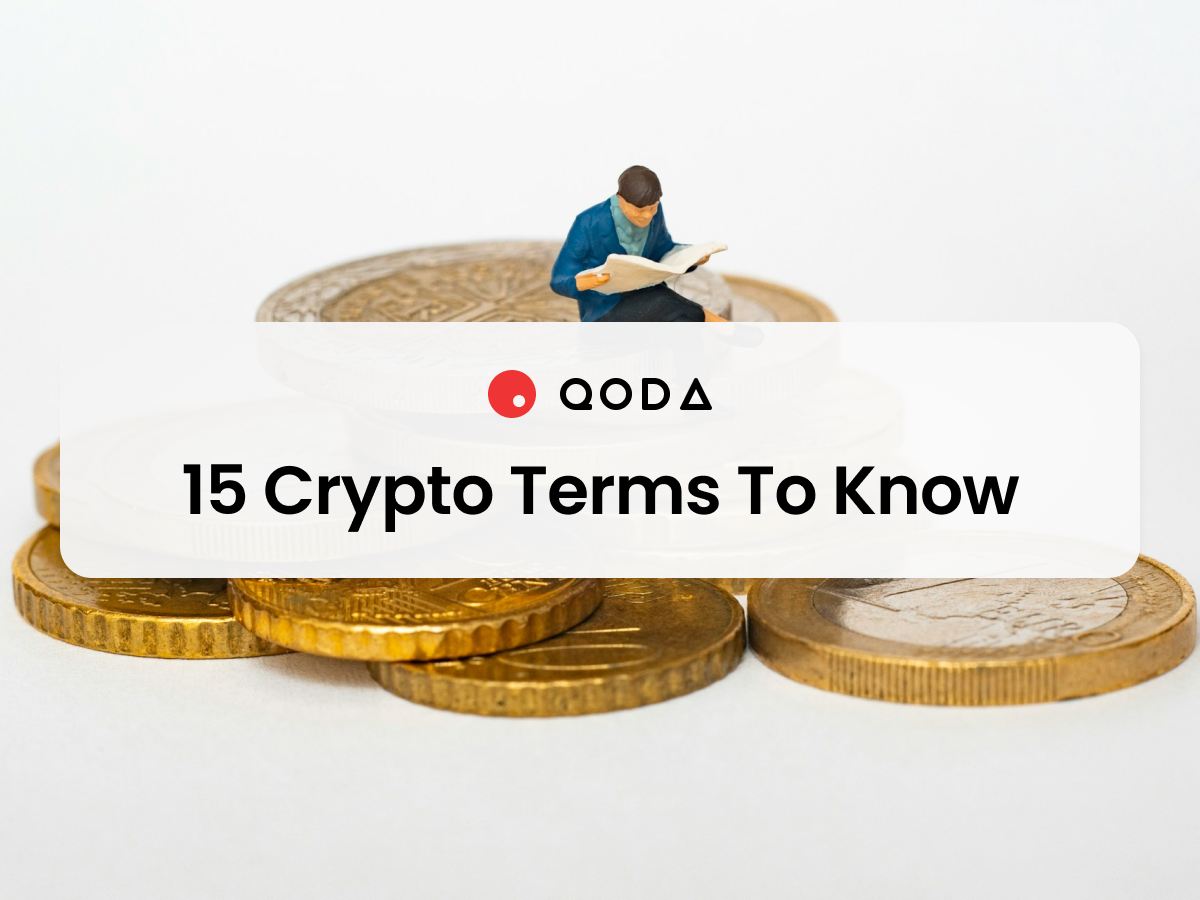If you’re new to crypto trading and investing, you need to learn and understand some key terms before you dive right in. While the crypto-verse might seem big and confusing, once you get a handle on some crypto vocabulary, you’ll feel more confident in your journey.
Here is a short list of our must-know crypto words to help you grasp the basics.
Altcoins – Any cryptocurrency that isn’t Bitcoin is considered an altcoin—that’s how big the Bitcoin legacy is! Altcoins bring innovation to the crypto world, often offering unique features beyond what Bitcoin provides.
Asset Management – The practice of buying, selling, and managing crypto investments, incorporating different strategies and considering risk tolerance to increase wealth over time.
Bitcoin (BTC) – The original cryptocurrency, often called “digital gold.” Launched in 2009, Bitcoin paved the way for blockchain technology and remains the most well-known and valuable cryptocurrency.
Blockchain – A decentralized ledger technology that underpins most cryptocurrencies. It records transactions across a network of computers in a way that’s transparent, secure, and tamper-resistant. This is the backbone of the entire crypto ecosystem. Don’t be intimidated by trying to understand Blockchain! It’s simpler than you think.
Decentralized Finance (DeFi) – A growing movement that uses blockchain technology to create financial systems independent of traditional banks. DeFi platforms offer services like lending, borrowing, and yield farming without middlemen.
Exchange – A platform where you can buy, sell, and trade cryptocurrencies. Binance is one of the largest exchanges, offering a wide variety of assets and trading tools for both beginners and pros. You’ll see crypto exchanges referred to as a DEX—Decentralized Exchange, where you interact by connecting your own wallet, and CEX—Centralized Exchange, where the exchange holds your assets for you.
Gas Fees – The transaction fees you pay when making transactions on blockchains. Gas fees fluctuate based on network activity and are essential to understand if you’re trading regularly.
HODL – A term that started as a typo but has since evolved into an acronym for "Hold On for Dear Life." This refers to the strategy of holding onto your crypto assets long-term, even in volatile markets.
Liquidity – Refers to how easily an asset can be converted to cash or traded without affecting its price. High liquidity in a DEX means smoother trading and faster transaction times.
NFT (Non-Fungible Token) – A digital asset held on the blockchain that represents ownership or control of a unique item or piece of content, like digital art, music, or even virtual real estate. NFTs are transforming the way creators can monetize their work.
Portfolio – A collection of cryptocurrencies and digital assets that make up your investments.

Try Threebalance now!
Manage your crypto portfolio like a Pro: set up your ideal allocations, swap multiple tokens in one flow and much more. Check it out!
Stablecoin – A type of cryptocurrency connected to a stable asset like the US dollar. These are used to avoid the extreme volatility seen in most cryptos. Popular stablecoins include USDC, USDT, DAI.
Smart Contract – Self-executing contracts written in code that automatically enforce the terms of an agreement without the need for an intermediary. Smart contracts are a foundational element of several blockchains.
Wallet – A digital tool that gives you access to your crypto assets. There are two main types: hot wallets, which are online and accessible via the internet, and cold wallets, which are offline and more secure from hacking attempts. There are two types of wallets: custodial and non-custodial. A custodial wallet means a third party has access to the funds and passkeys, while a non-custodial wallet is solely under the control and responsibility of the user.
Yield Farming – A way to earn passive income by lending or staking your crypto assets in DeFi platforms. Yield farming can offer high returns, but it also comes with risks like impermanent loss, so make sure to understand the platform before participating.
Maximize Your Understanding, Maximize Your Portfolio
The better you understand crypto trading vocabulary, the more seamlessly and confidently you’ll be able to move within the crypto-verse, maximizing your portfolio and utilizing a trading strategy you’re comfortable with. Like with anything, you have to talk the talk to walk the walk. Stay ahead of the game by familiarizing yourself with the right vocab—knowledge is power in crypto trading!
Let us know if you like this article, and we’ll create a more detailed crypto vocabulary list with more advanced terms. Reach out to us on our socials!
